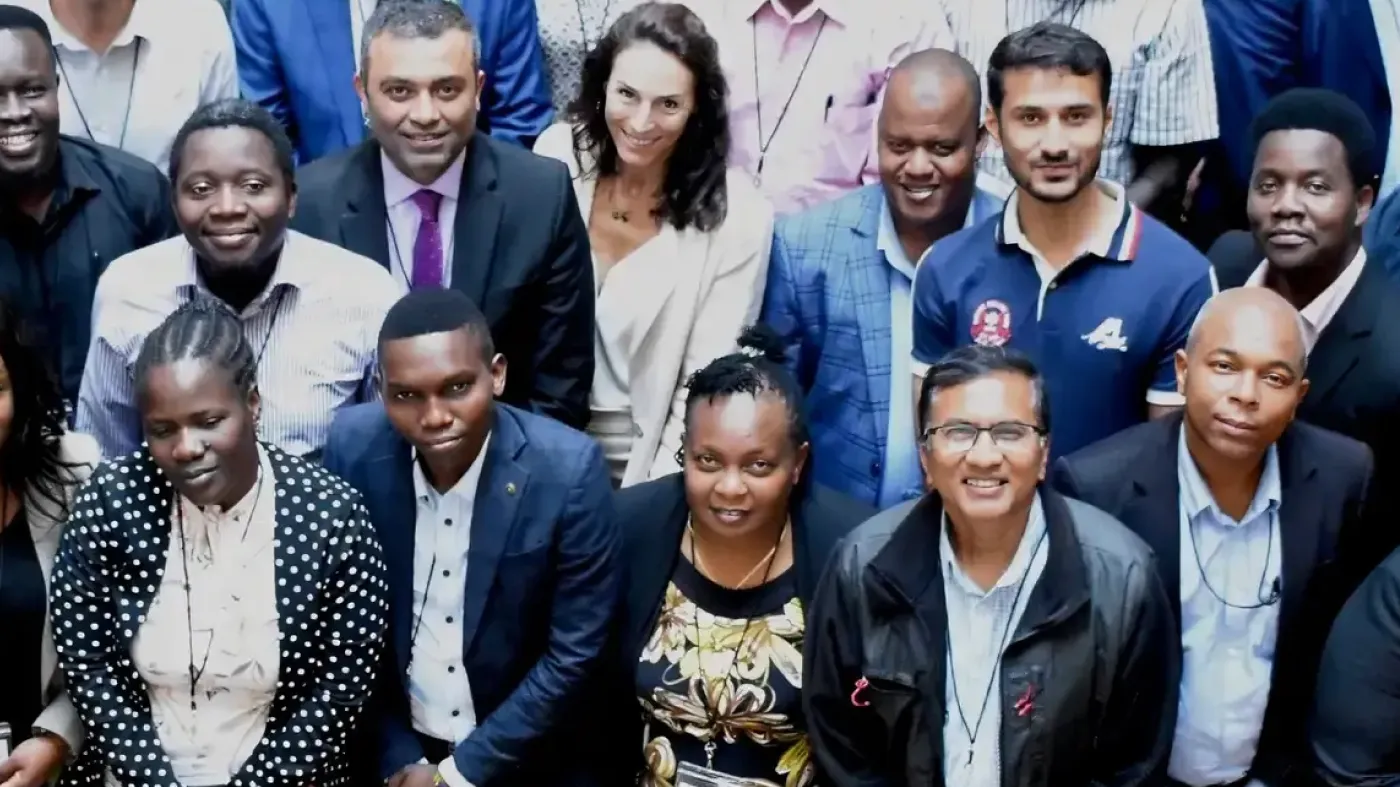Download All Country Data
For years before COVID-19 appeared, Nigeria had been preparing for a pandemic. Outbreaks of yellow fever, monkey pox, and Ebola showed disease experts that a pandemic is not a matter of if, but when. These infectious disease outbreaks also prepared Nigeria to anticipate the challenge of maintaining essential health systems during a response. The potential consequences were clear: reduced access to basic medical services during the 2014-2016 Ebola outbreak led to many additional deaths in Guinea, Liberia and Sierra Leone.
The Nigeria Centre for Disease Control (NCDC), the country’s national public health institute, is tasked with preventing, detecting, and responding to disease outbreaks and public health threats. Resolve to Save Lives (RTSL), an initiative of Vital Strategies, has partnered with NCDC since 2017, working together to strengthen the countries systems to find, stop and prevent outbreaks. When COVID-19 hit, NCDC sprang into action, activating national level and prompting state-level outbreak response coordination hubs called Emergency Operation Centers. They also deployed response teams, staffed primarily by experts from NCDC, with additional support from the Nigeria Field Epidemiology and Laboratory Training Program, the World Health Organization and Africa Centres for Disease Control.
While COVID-19 has demanded an extraordinary amount of time and resources from the country’s health system, even more lives would be lost if routine health care was completely abandoned. Although lockdowns, travel restrictions and other measures to stop COVID-19 spread hampered routine care, efforts are being made to ensure everyday medical care is still accessible and programs to control other infectious disease are still functioning.
“In Nigeria, sustained investment and experience responding to other outbreaks has been very critical in helping the country respond to COVID-19,” said Emmanuel Agogo, the Country Representative for Resolve to Save Lives in Nigeria. “We have the systems set up to respond, and people understand the importance of dealing with other diseases, like malaria or yellow fever.”
A key component of both the COVID-19 response and ensuring access to standard medical care in Nigeria has been keeping health care workers healthy. With support from RTSL, the National Primary Health Care Development Agency (NPHCDA), trained 13,000 workers in three priority states in infection prevention and control and made sure they were all equipped with ample protective equipment. With RTSL support, AFENET will continue to provide routine support and monitoring to primary health facilities in those states to ensure that health workers continue to implement the practices they learned during the trainings.
Maintaining programs to control other infectious diseases was another key strategy.
“As we are responding to COVID-19, one of the things that we’re trying to do also is ensure that no other infectious disease program is affected. So currently polio work is ongoing, yellow fever work is ongoing, measles work is ongoing. The goal is to have the diagnostics run side-by-side, and as much as possible, not have COVID-19 overshadow all of them,” said Celestina Obiekea, a consultant for NCDC supported by Resolve to Save Lives. “The major challenge really has been in the area of laboratory sample transportation, because of the multiple lockdowns across states and across countries. It’s difficult to move across state borders, move equipment, move samples, and move personnel for training and maintenance activities.”
Ultimately the best way to get routine care back to normal is to control the virus. The Outbreak Revolving Fund—a flexible funding mechanism set up by Resolve to Save Lives to support NCDC in finding and stopping outbreaks quickly—has helped the fight against the virus. Funds were accessed quickly to deploy teams to support states to respond to COVID-19 and therefore avoid delays in testing, contact tracing and case investigation. “These funds allow NCDC to go where they are most needed at a given moment,” said Emmanuel Agogo. “The fund allows for getting eye-on-the-virus quickly, saving lives by avoiding delays. When dealing with a disease like COVID-19, the fund’s ability to get resources where they’re most needed quickly is critical.”






